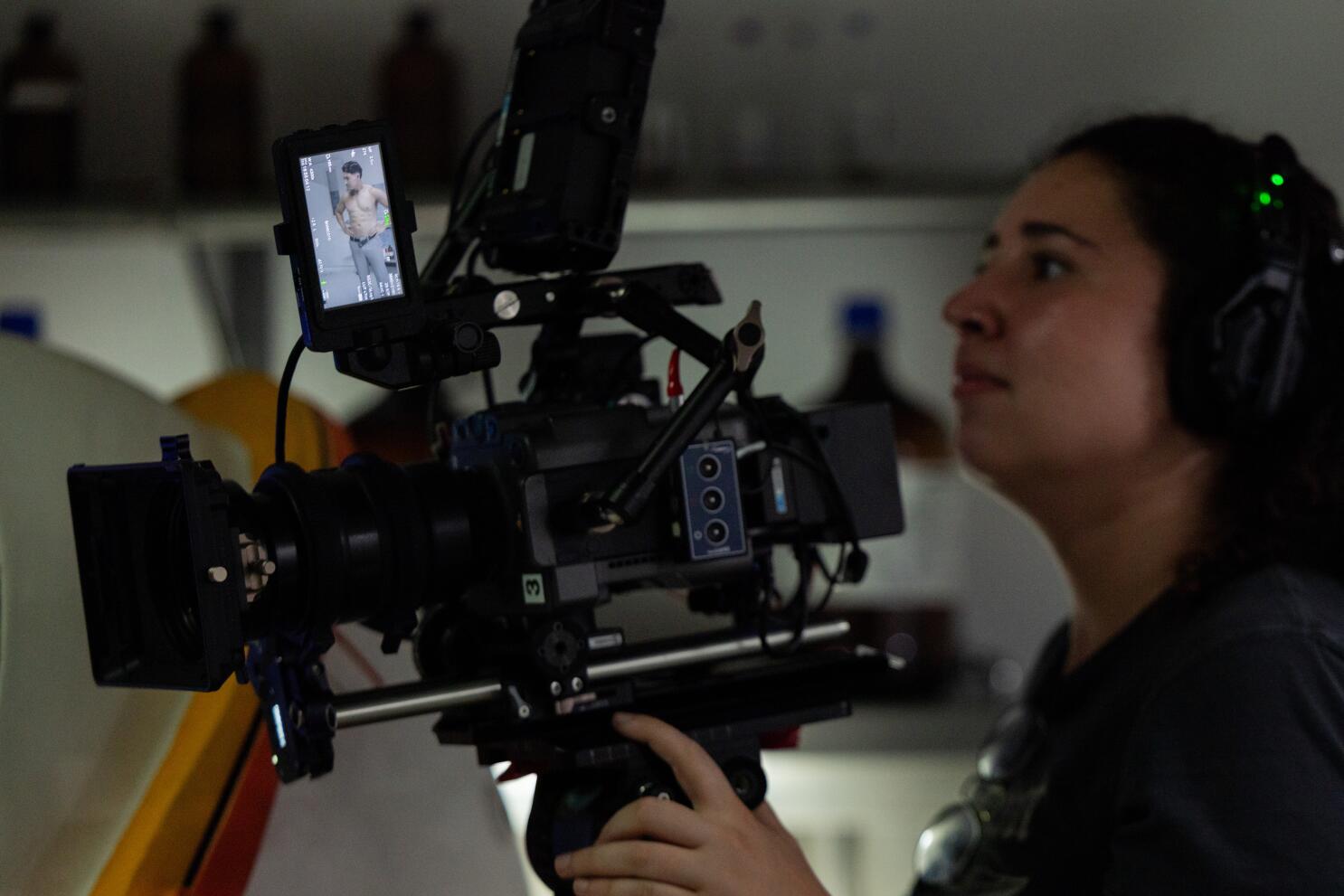Step into any digital space these days, and you're bound to bump into them: short dramas. These bite-sized bursts of storytelling, often clocking in at just a few minutes per episode, have become a global phenomenon. And while they span various genres, there's one that truly dominates, particularly in the US and Southeast Asia: romance. Think whirlwind courtships, accidental cohabitation, enemies-to-lovers tropes – all delivered at a breathless pace. But how do these captivating tales of love cross borders and hearts, especially when language barriers stand in the way? The answer, my friends, lies in the art of dubbing.
Dubbing romantic short dramas isn't just about translating words; it's about translating feelings. It’s about ensuring that a whispered confession in Mandarin carries the same weight and warmth when it’s heard in English, or that a playful tease in Korean still sparks a blush in Tagalog. And with the genre's global revenue soaring past $150 million in 2024, it's clear that this intricate dance of vocal artistry is hitting all the right notes with audiences worldwide.
The Voice Behind the "Butterflies": Crafting Chemistry Across Cultures
So, what makes a dubbed romantic short drama truly sing? It all boils down to the voice actors. These unsung heroes are the alchemists of emotion, tasked with capturing the essence of a performance and recreating it in a new language. It’s a delicate balancing act, requiring not just linguistic prowess but also a deep understanding of emotional nuance.
Take, for instance, StoReel's sweet pet dramas, a prime example of the genre's global appeal. In these narratives, the chemistry between leads is paramount. A look, a touch, a fleeting smile – these visual cues are amplified by the vocal performances. When dubbing, voice actors need to meticulously match their delivery to the original actors' expressions and body language. This means mirroring not just the words, but also the sighs, gasps, and subtle shifts in tone that convey affection, longing, or playful irritation.
Consider a scene where a male lead teases the female lead. In the original Chinese, this might involve a specific kind of banter that's deeply ingrained in their cultural flirting styles. The dubbing challenge then becomes transforming that into a form of Western charm that resonates with an English-speaking audience. This isn't a literal translation; it's a creative interpretation. The voice actor might use a slightly lower, warmer tone, a hint of a smirk in their voice, or a rhythm that conveys confident playfulness rather than an exact replica of the original's delivery. It's about finding the emotional equivalent, not just the linguistic one.
The Sonic Signature of Love: Universal Tones and Timeless Tales
Another crucial aspect is the selection of voice tones. While cultural preferences certainly exist, there are also universal qualities that define an appealing romantic voice. For male leads, a deeper, resonant voice often conveys strength and trustworthiness, while a slightly softer, more melodic tone can suggest vulnerability and tenderness. For female leads, a bright, clear voice can denote innocence or spunk, while a breathier or huskier tone might suggest allure or mystery.
The key is to select voices that not only fit the characters but also resonate universally. A voice that sounds overly aggressive in one culture might come across as simply passionate in another. The best dubbing directors and voice casting agents understand these subtle distinctions and work to find voices that transcend linguistic boundaries, evoking similar feelings in diverse audiences. It’s about finding the "sonic signature" of love that can be understood and appreciated globally.
Fast-Paced Romance, Flawless Dubbing: Keeping Up with the Heartbeats
Romantic short dramas are, by their very nature, fast-paced. Plots often unfold at breakneck speed, with emotional revelations and dramatic turns happening in rapid succession. This presents a unique challenge for dubbing teams. There’s little room for lagging or awkward pauses. Voice actors must be nimble, able to deliver lines with precision and emotional accuracy while keeping pace with the original dialogue.
To match dubbing to these rapid-fire romance plots, it's essential to achieve rhythmic alignment, not just of words, but also of the cadence of the original performance, which helps maintain the natural flow of conversation and emotional beats. Translators need to be masters of brevity, conveying the meaning and emotion of the original dialogue in a way that fits the lip-sync and allows for quick delivery; sometimes, a single English word can capture the essence of a longer phrase in another language. Voice actors must also tap into their emotional memory to instantly recall and project the appropriate feelings for each line – there's no time for deliberation; the emotion must be immediate and authentic. Lastly, the transitions between lines and scenes need to be fluid, as any choppiness can disrupt the viewer's immersion in the romantic narrative.
The Future of Feeling: Dubbing's Role in a Globalized Love Story
The impressive $150 million+ global revenue for romantic short dramas in 2024 isn't just a testament to the genre's popularity; it's a clear indication of the power of effective dubbing. It shows that audiences are eager to connect with stories, regardless of their origin, as long as the emotional core remains intact and accessible.
As the world becomes more interconnected, the demand for dubbed content will only continue to grow. For romantic short dramas, this means an even greater emphasis on the artistry and technical skill of dubbing. It's about more than just a job; it's about being a conduit for love, laughter, and heartache across cultures. It's about ensuring that every "I love you" resonates, no matter the language.
So, the next time you find yourself captivated by a romantic short drama, take a moment to appreciate the voices you're hearing. They're not just speaking words; they're translating emotions, bridging cultures, and making sure that love, in all its wonderful forms, can be felt by the whole world. Isn't that something worth celebrating?











